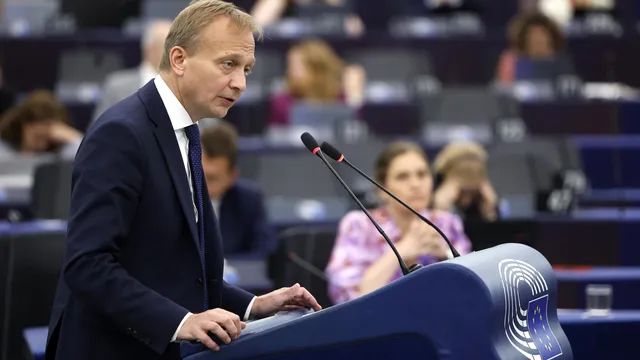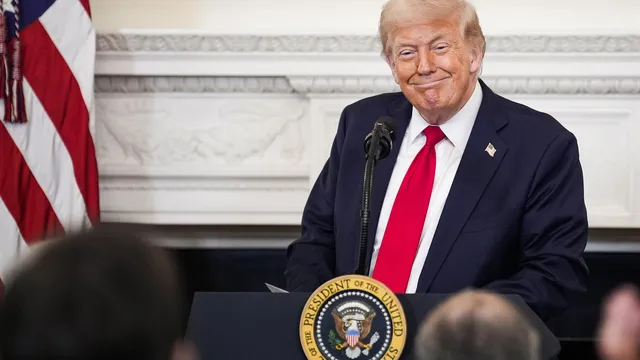The plan, announced by European Commissioner for Budget, Anti-Fraud, and Public Administration Peter Schaff, introduces a simplified and more flexible structure, reducing the existing seven budget headings to four, BGNES reported.
The revised MFF focuses on three main functions: support for Member States through national and regional partnerships, financing competitiveness through special funds, and global partnerships through the Global Europe program. A separate heading is reserved for administrative expenditure.
Under the national and regional partnerships component, the EU plans to coordinate reforms and investments in areas such as cohesion policy, agriculture, and regional development.
As part of these efforts, €300 billion is earmarked to support farmers, €2 billion for the fisheries sector, and the reserve for agriculture will be doubled. In addition, 14% of the total budget will be allocated to social objectives in line with the EU's commitment to the social model.
The less developed regions of the EU will receive €218 billion in targeted funding. Additional support will be directed to the eastern regions bordering Ukraine, Russia, and Belarus, taking into account the increased economic and security pressures in these areas.
Funding for border security and migration will also be tripled and integrated into broader regional partnerships.
The second pillar of the MFF is the Competitiveness Fund, which will be merged with the EU's 10th Framework Program for Research. This combined fund will have a financial capacity of €451 billion and will support key sectors such as clean technologies, digital innovation and biotechnology, defense, space research, and food security.
Particular attention is paid to defense and space technologies, with defense funding increasing fivefold to €131 billion.
Alongside the main MFF, the European Commission has proposed a separate fund of €100 billion for Ukraine for the period 2028-2034.
Commissioner Seraphim described this as a long-term commitment to Ukraine's recovery, reconstruction, and progress towards EU membership.
European Commission President Ursula von der Leyen said the funding would support Ukraine on its path to EU membership, adding to the nearly €165 billion already provided since the start of Russia's full-scale invasion in 2022.
Von der Leyen also confirmed that €300 billion will be allocated to support farmers' incomes between 2028 and 2034 under the new budget plan. She called the budget plan "the most ambitious in the history of the EU." | BGNES

 Breaking news
Breaking news
 Europe
Europe
 Bulgaria
Bulgaria







